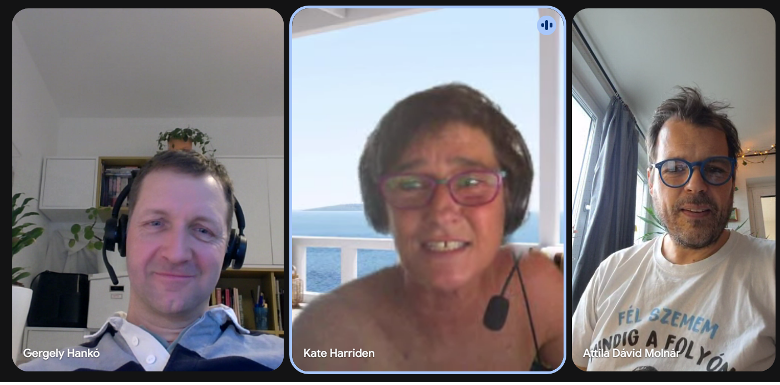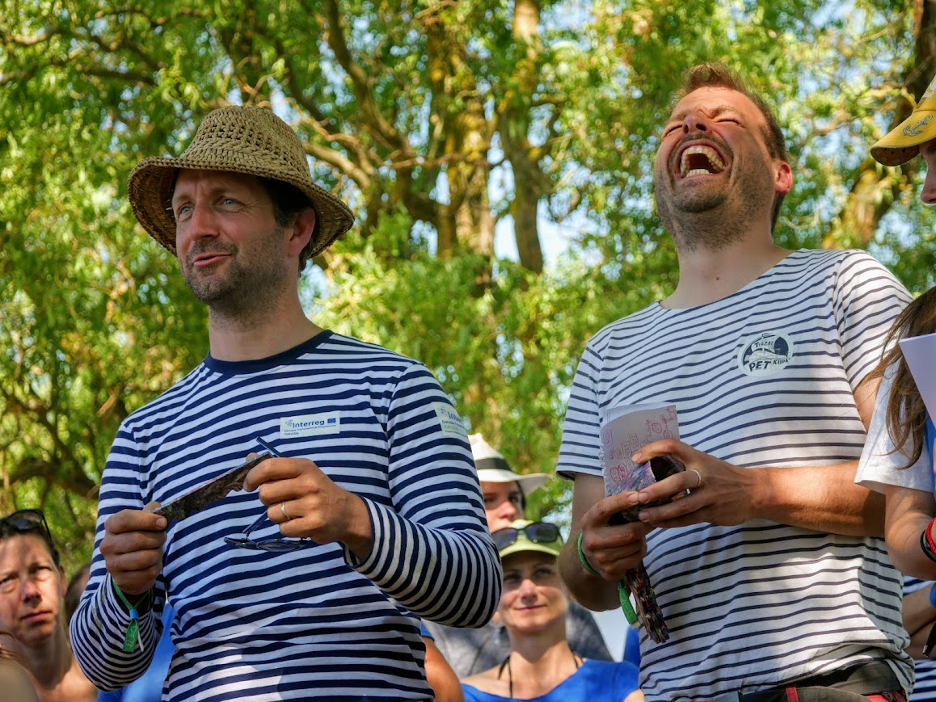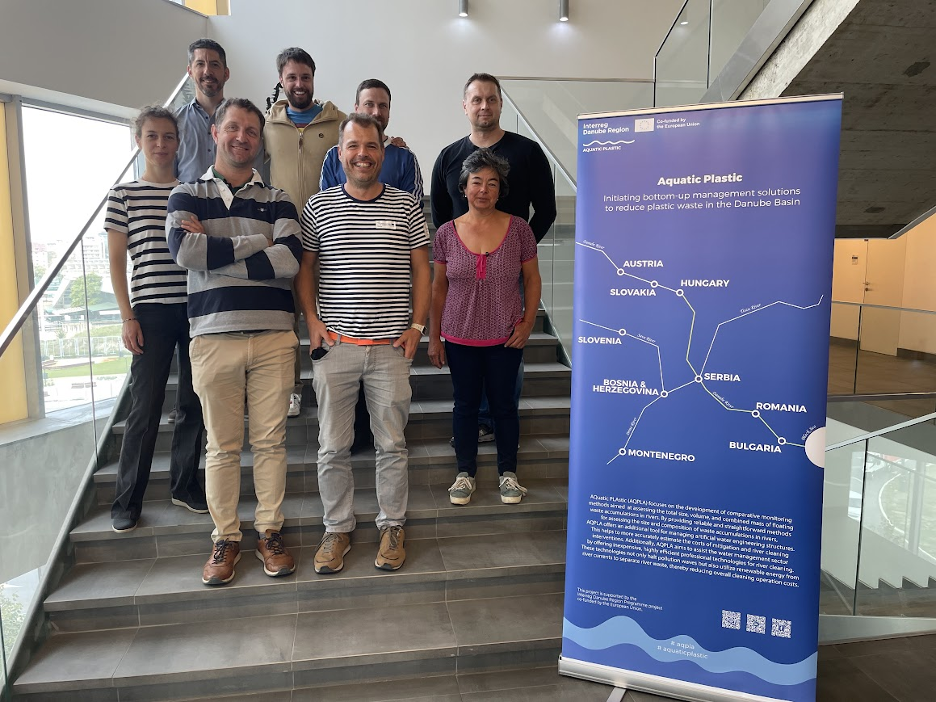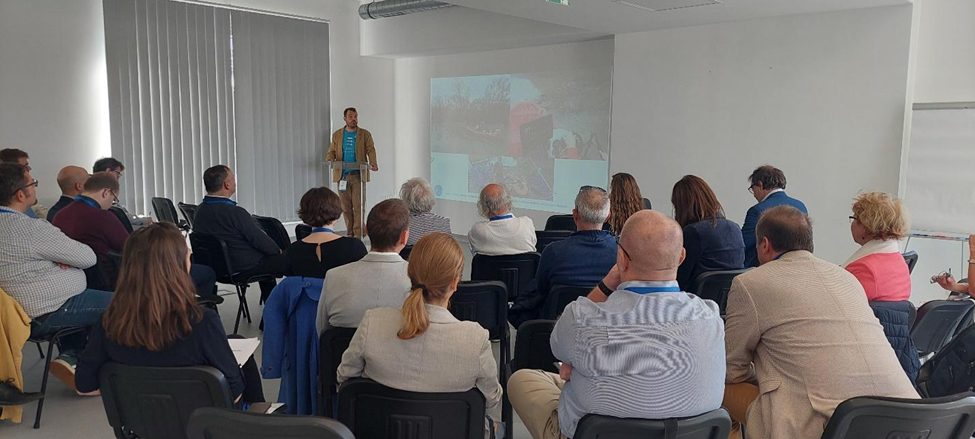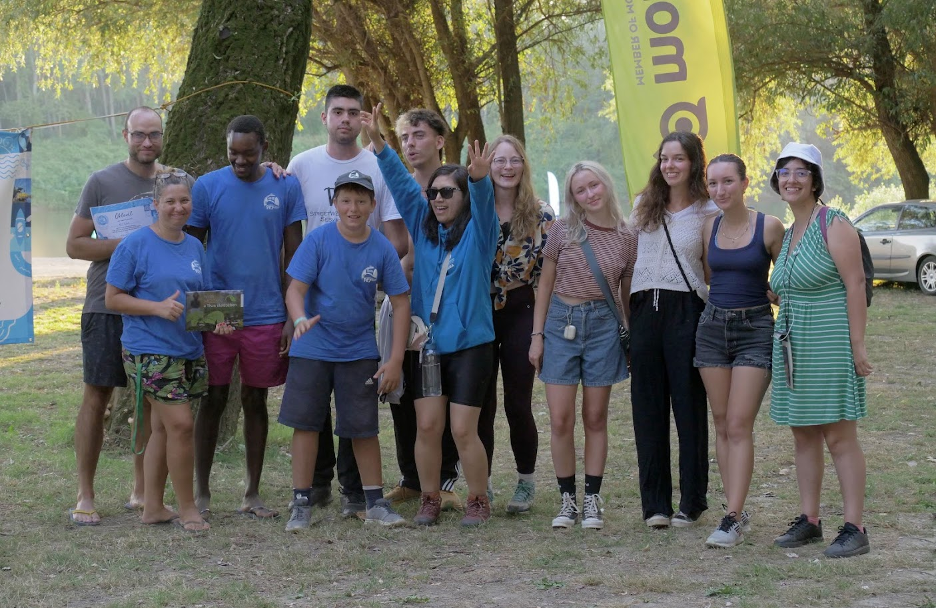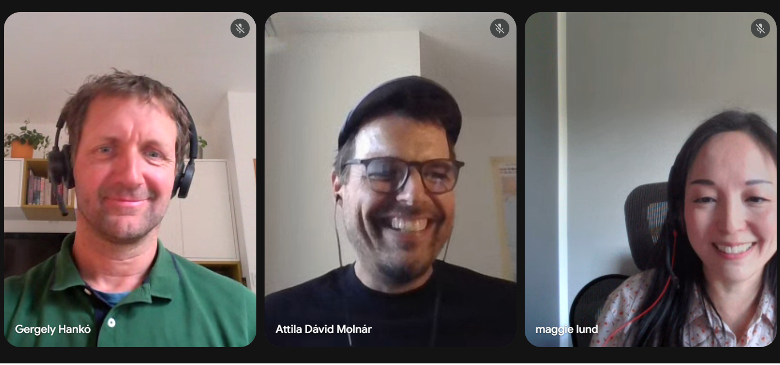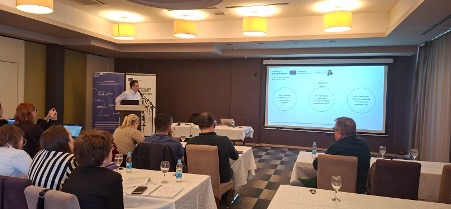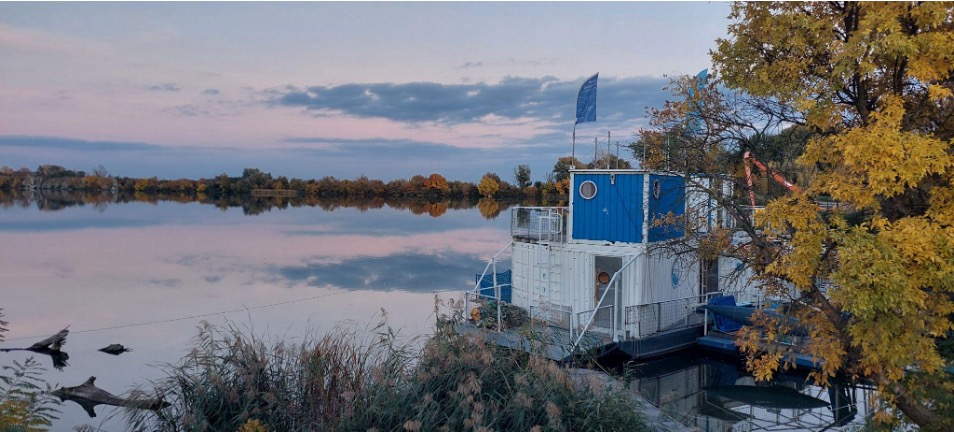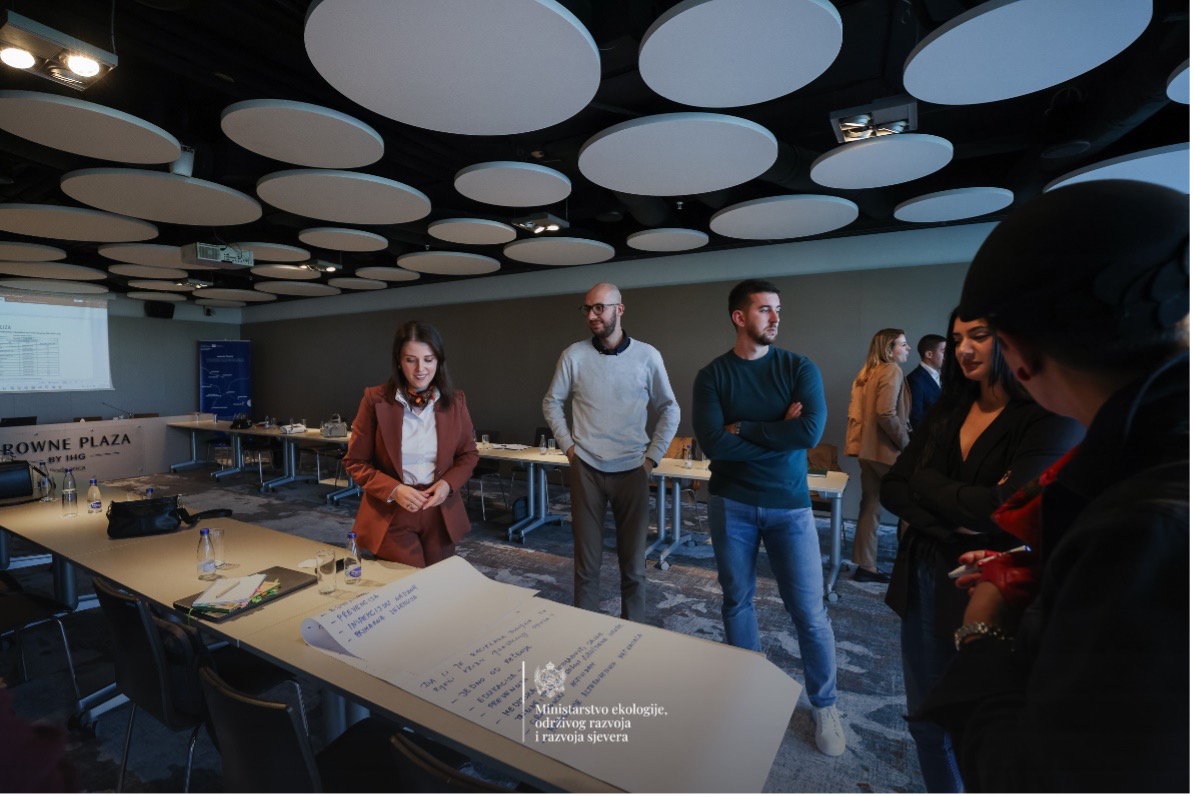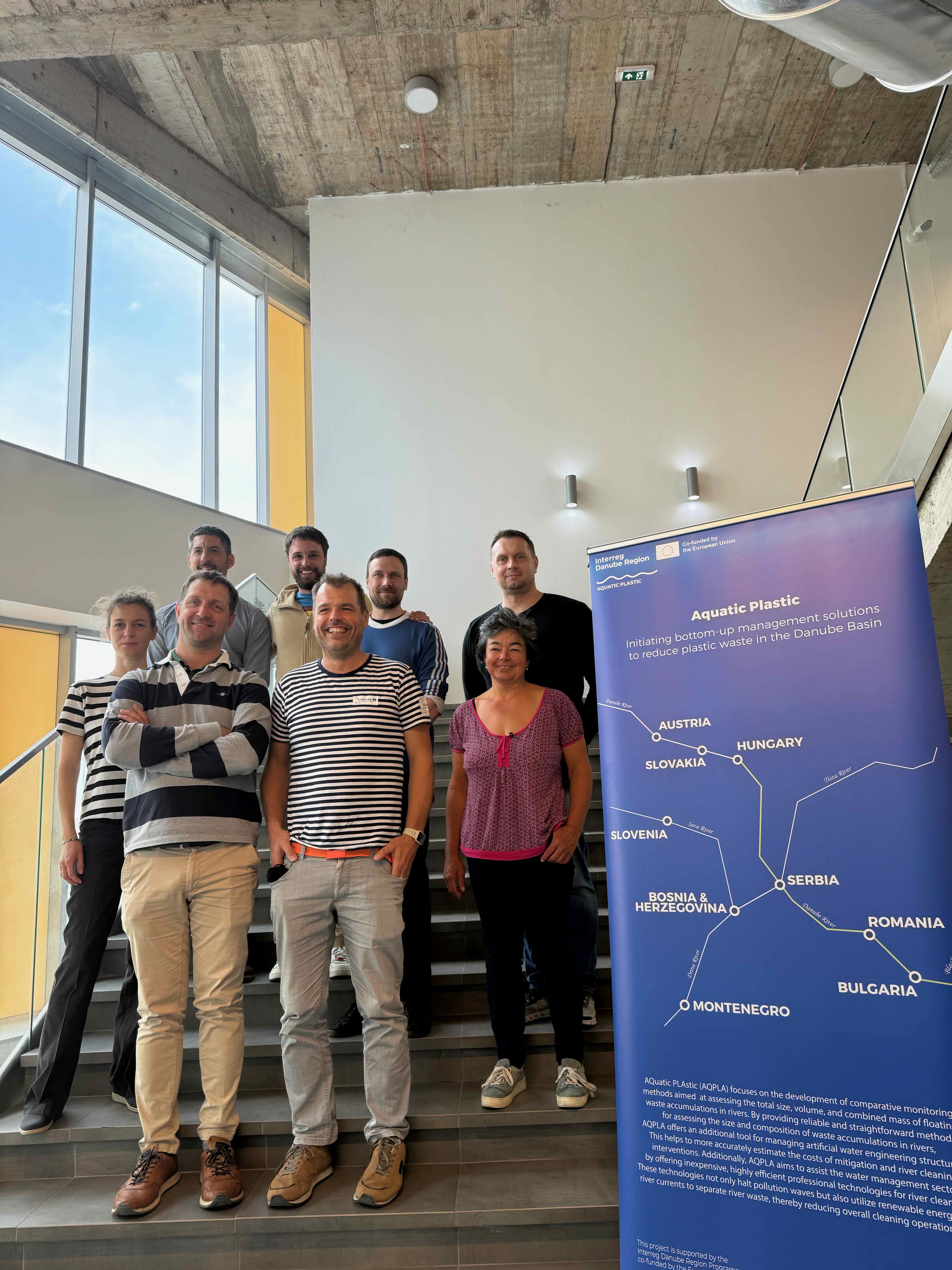
New “River Literacy” Concept Empowers Communities to Protect Freshwaters
A team of international researchers and educators created an educational framework called “River Literacy” to help communities better understand and protect their rivers. Inspired by the well-established framework of “Ocean Literacy,” this new approach highlights the vital roles rivers play in our daily lives, cultures, and ecosystems. Their study on this topic has just been published in the scientific journal Earth.
Why Rivers?
More than half of the world’s population lives close to rivers, and yet many people know surprisingly little about how rivers function or how human activity affects them. The world’s most international river, the Danube – stretching across 10 countries and collecting rain from 19 countries – has experienced floods, droughts, pollution, and dramatic losses of wetlands.
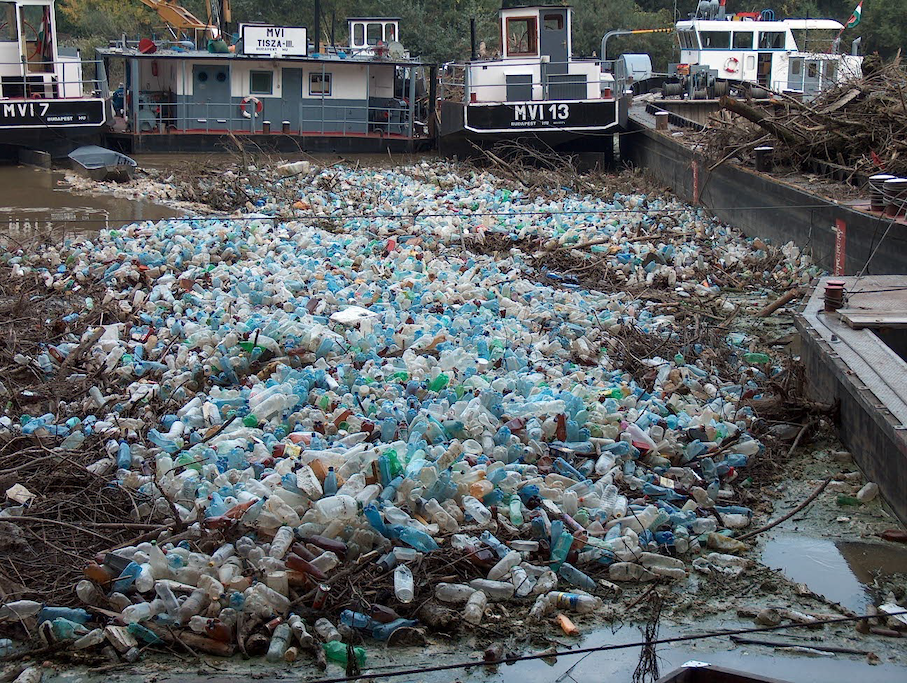
As a result, members of riverside communities have lost their daily and live connection to rivers. However, the river literacy framework can be helpful when trying to reconnect people with their waterways.
Seven Principles of River Literacy
During the adaptation of the ocean literacy framework, the researchers have distilled the complex scientific knowledge available about rivers into seven easy-to-grasp principles designed for schools, riverside communities, and the general public:
Everything that happens to the river affects the ocean.
The lives of rivers and people are closely connected.
Every river is vulnerable and deserves protection.
The river gives life, but it can also take it away.
The river is a shared heritage, not a commodity.
The river and its life shape the landscape, the weather and the climate.
The river and its creatures are largely unexplored.
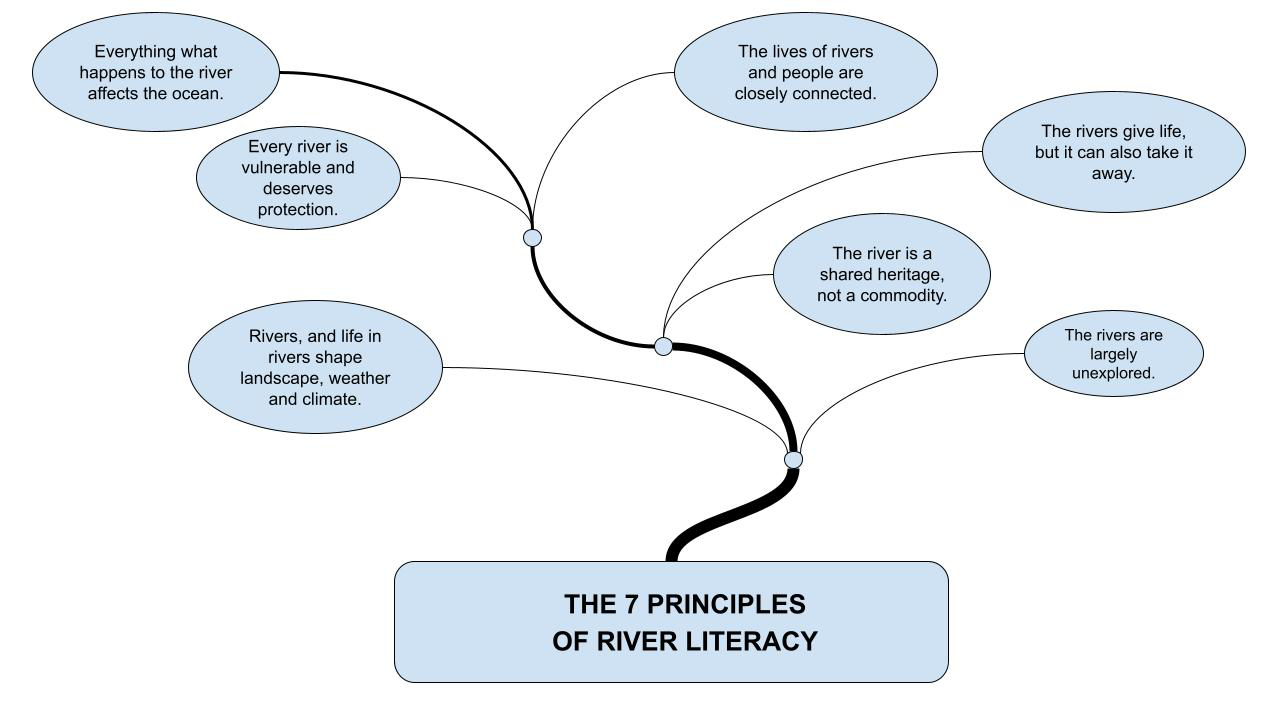
From Theory to Action
The River Literacy framework has already been tested in classrooms and community programs across five Danube countries. Educational tools such as the Riversavers’ Handbook, playful workshops, and the mobile River Litter Lab exhibition have reached hundreds of students and teachers. A new Riversaver School Network now brings together schools working actively to protect their local waterways.
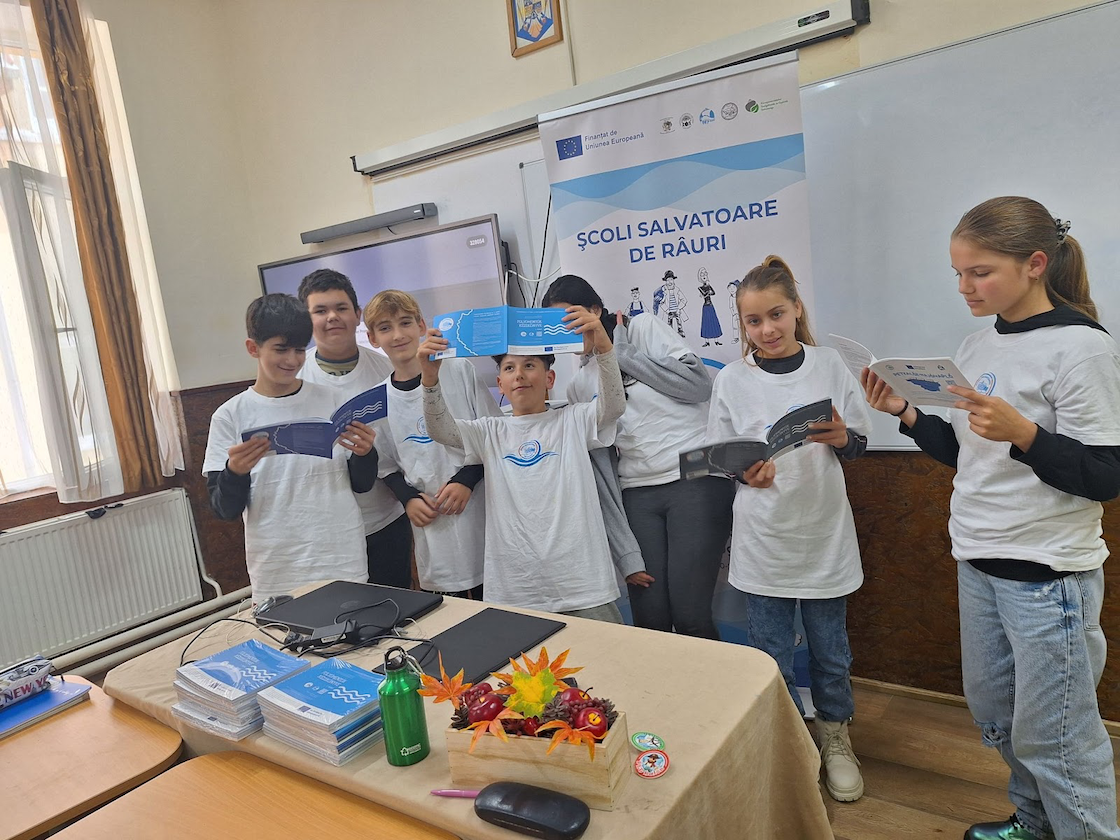
More than Education
River Literacy is not just about learning facts. It also encourages hands-on water stewardship: from citizen science projects to river cleanup actions and “adopting” stretches of riverbanks. Participants might feel more motivated to protect rivers and less anxious about climate change, thanks to the beneficial effects of “blue therapy” and the sense of actively contributing to solutions.
“Water exists in various forms in our bodies and all around us. More than half of the human body is composed of water, and we can survive only 3–4 days without it. Despite water being vital for humanity, we often treat it as if it were worthless. The River Literacy concept aims to change this attitude by educating people,” emphasised last author Prof. Timea Kiss (independent researcher, Hungary).
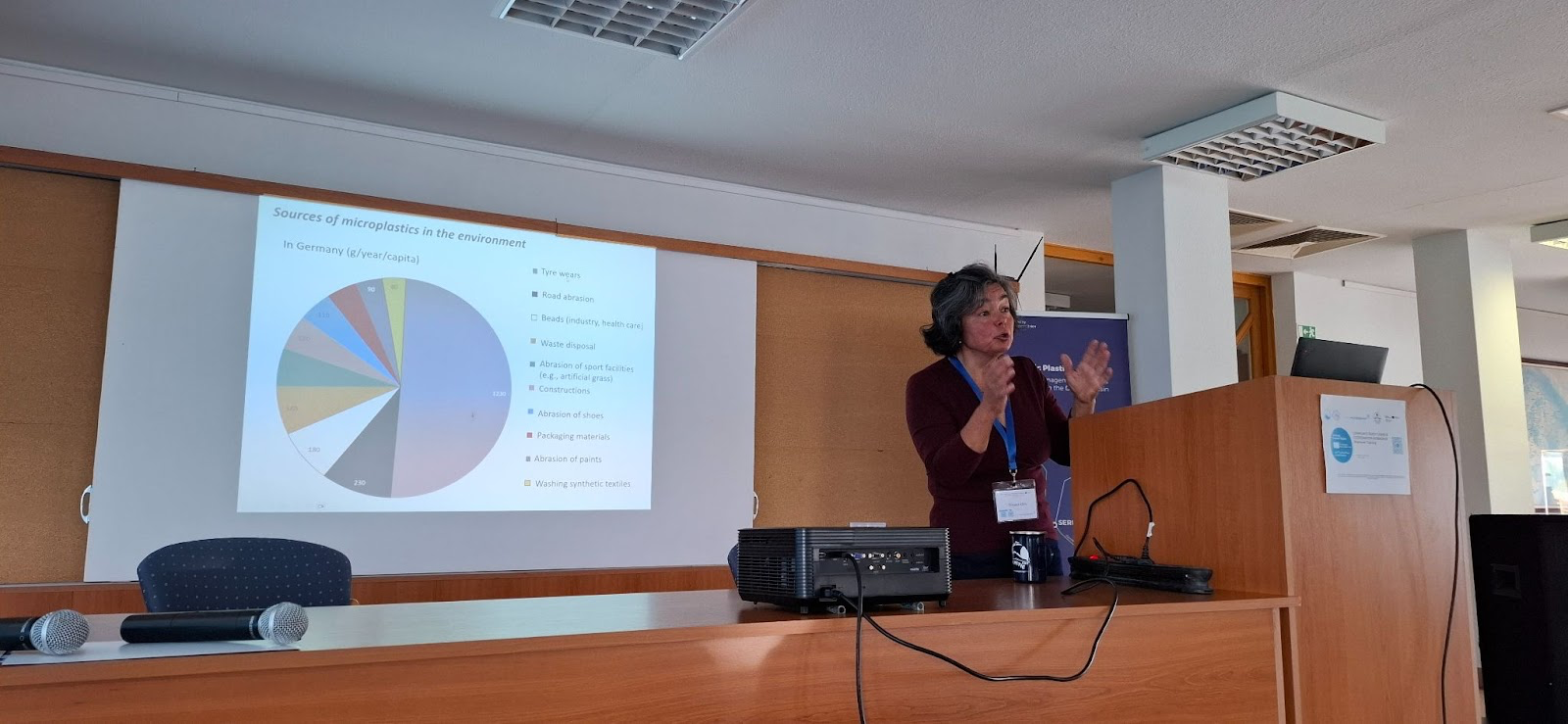
Global Relevance
The project supports the United Nations’ sustainable development goals and the EU Mission “Restore Our Ocean and Waters”. By strengthening knowledge, cultural ties, and community engagement, River Literacy aims to inspire a new generation of “river-literate” citizens ready to tackle pollution, climate challenges, and water scarcity.
“Our survival as a species is encoded into how we treat our waters. Being literate in fresh water issues is more important than ever. We hope that river literacy can transform how we understand and care for rivers just as ocean literacy changed the way people see the sea," noted first author Attila D. Molnár (Plastic Cup Initiative, Hungary).
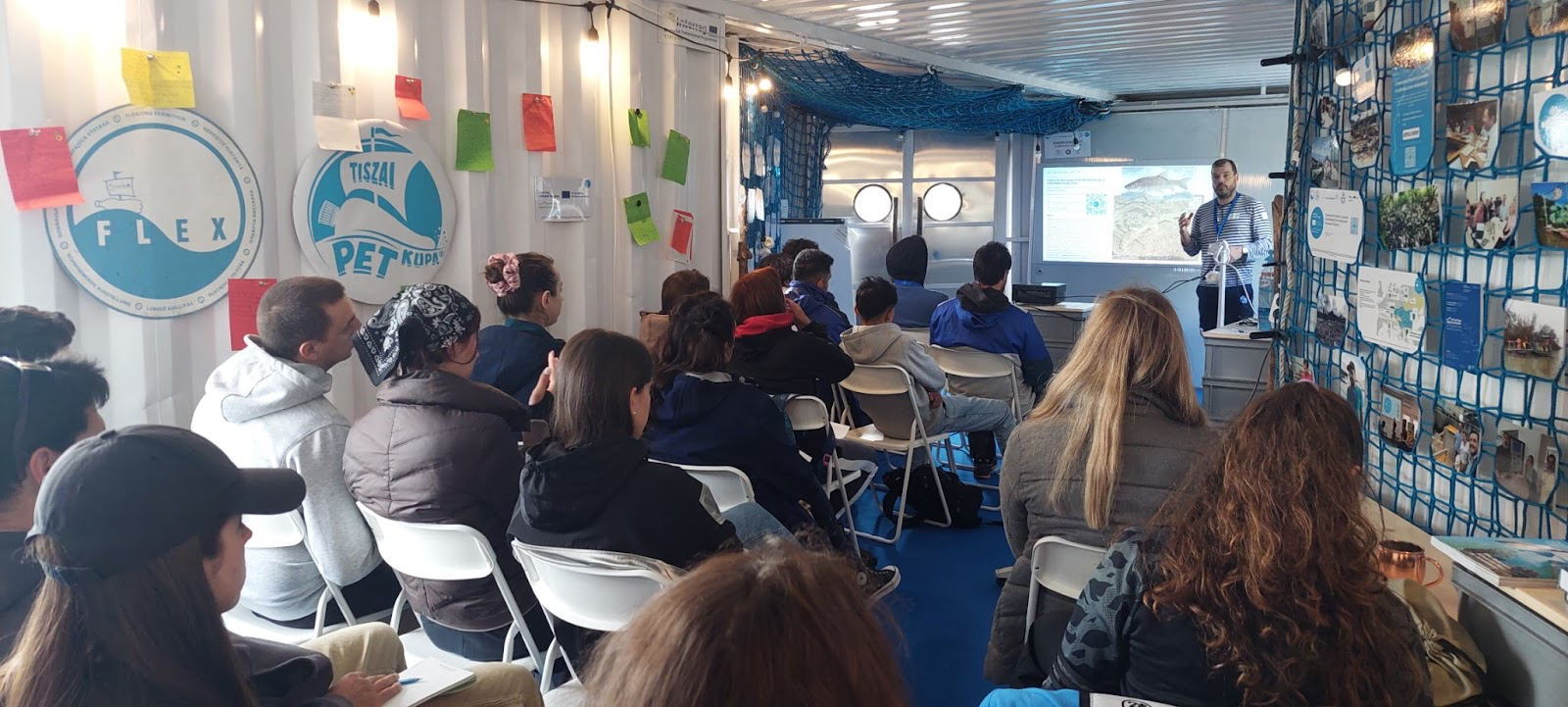
Acknowledgement
This research was funded by the EU’s Erasmus programme under the projects “5 countries 1 river” (2020-1-HU01-KA201-078843) and “River Lit(t)eracy – Riversaver Schools” (2023-1-HU01-KA220-SCH-000166027). The river literacy framework was reviewed and teaching methodologies were tested and improved within the framework of the Danube Lighthouse project “DALIA” (101094070) and the Danube Interreg project “Aquatic Plastic” (DRP0200235).
VIDEOS:
Introduction of the Riversaver School Network (with subtitles):
News & Events
Read the most recent updates and explore the upcoming events.

